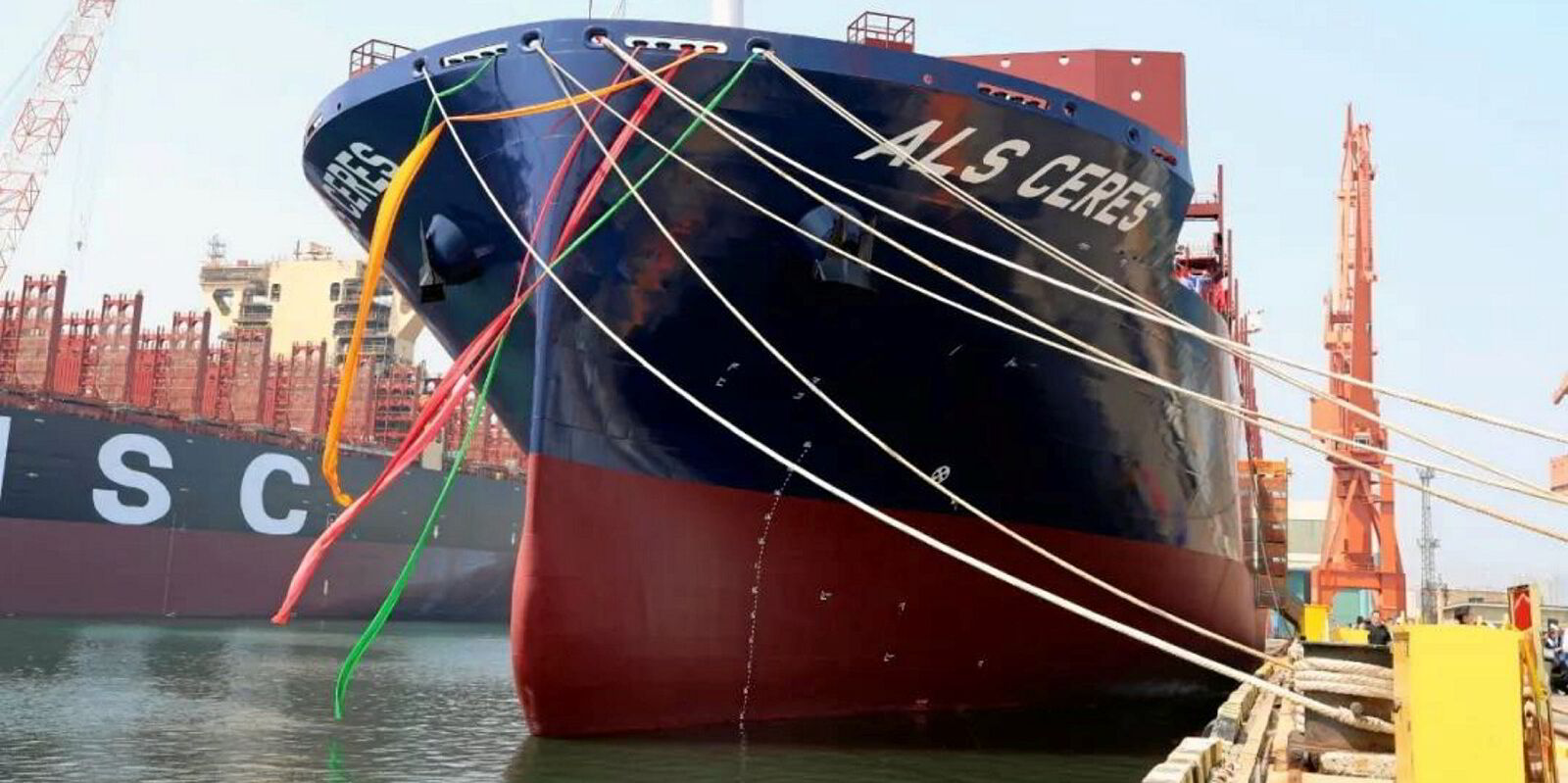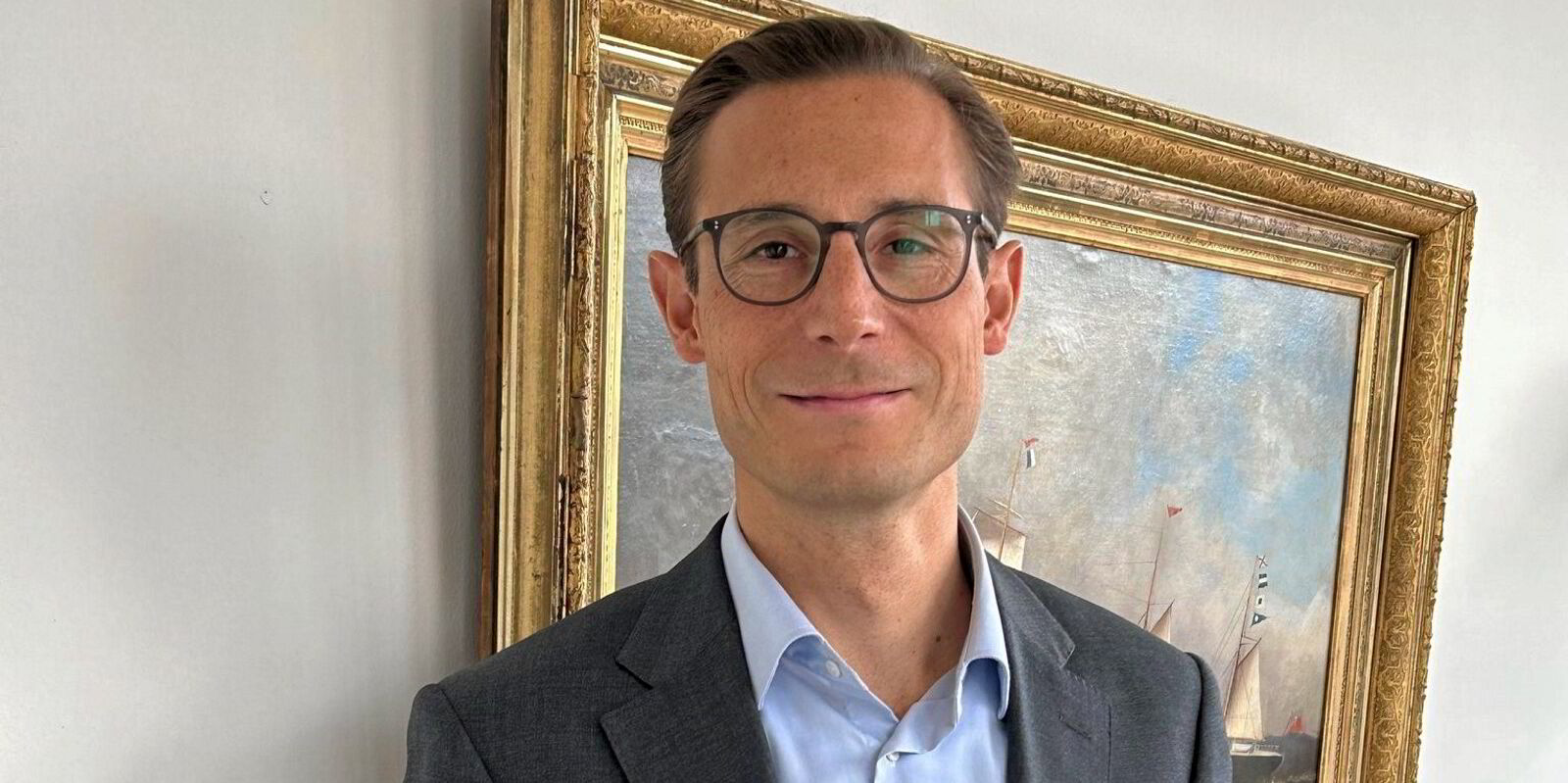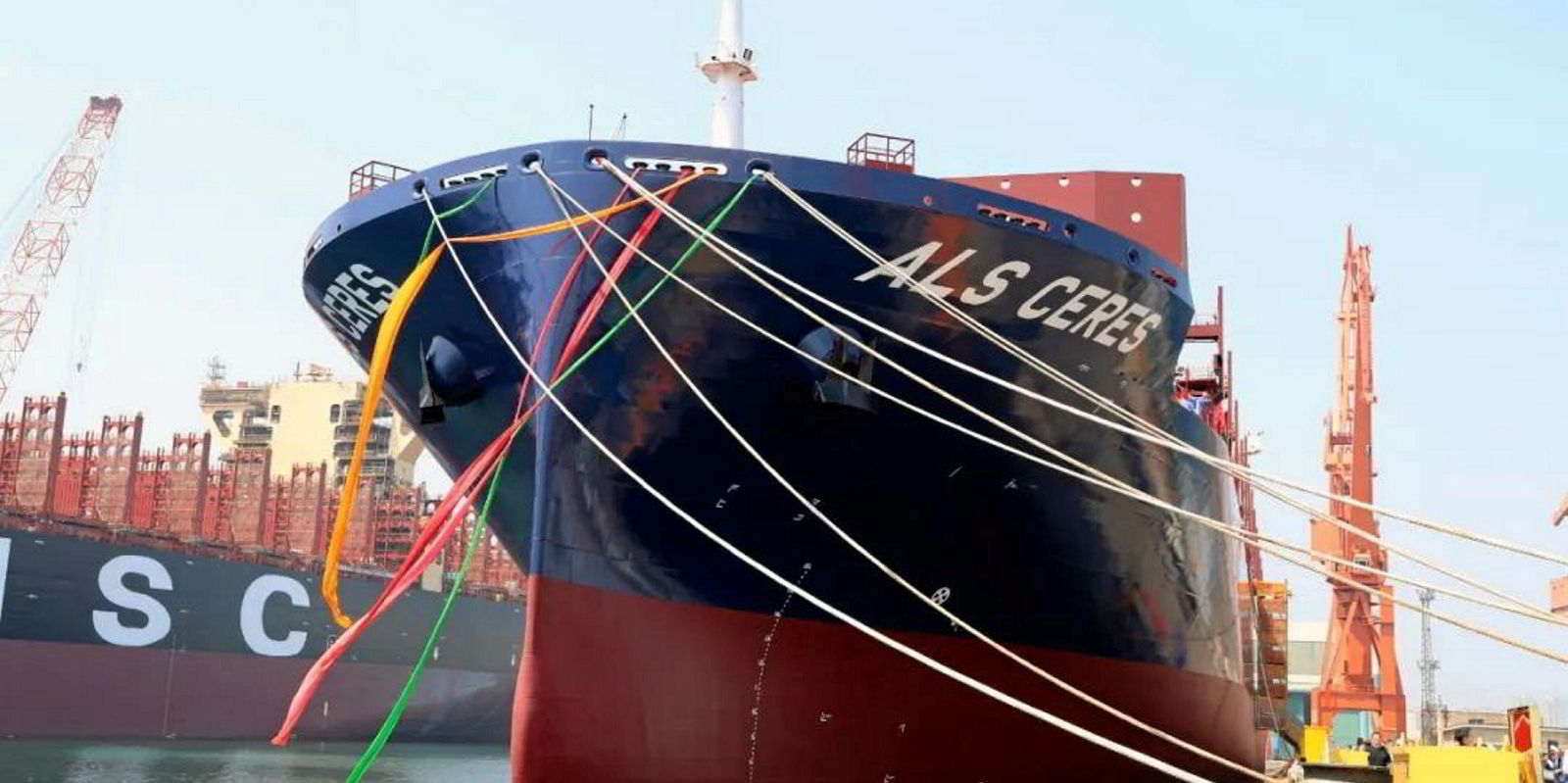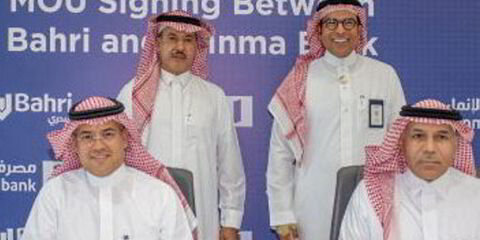Brothers Nicolaus and Friedrich Bunnemann have hit the sweet spot in container, tanker and car carrier markets — now they are betting on dry bulk markets.
That is the culmination of a diversification plan launched on the back of the container shipping boom.
Three years ago, their operating companies Asiatic Lloyd and Atlantic Lloyd (AL Group) began reinvesting in 7,000-teu container ships.
That was in the early days of the pandemic and way before Houthi attacks on shipping sent container markets skywards.
The brothers followed that a year later with orders for product tankers, just before Russia’s invasion of Ukraine sent tanker rates through the roof.
The Bunnemann bonanza continues this month with the sale of the family’s 12% shareholding in Gram Car Carriers, after Gianluigi Aponte’s MSC Group agreed to pay shareholders top dollar to buy the Oslo-listed company.
Having got the timing right in three different segments, the Bunnemanns have upped the stakes in dry bulk.
There are limits
Their Hamburg and Singapore-managed companies last year signed orders for 11 ultramax and kamsarmax newbuildings.
That concluded with a significant diversification for a company that had previously been known mainly as a container ship tonnage provider.
But AL Group managing partner Nicolaus Bunnemann said the family is not targeting new segments, especially given high asset values.

There are limits to investing in other segments, such as LNG, LPG or offshore, anyway, he added.
“You have to be careful not to continue diversifying and then suddenly you find yourself not knowing a certain segment, or not being well connected, or not having the right knowledge,” he said.
“Then I think it’s a risk of making mistakes.”
The pandemic “allowed the company to accelerate this diversification process”.
It had invested heavily in traditional panamax boxships in 2016 and 2017, buying vessels of about 4,250 teu from German banks and insolvency administrators.
Most were sold or fixed on long-term time charters during the container shipping boom. Of 12 traditional panamax boxships it had at its peak, the company has just one left.
The fleet modernisation gained pace in 2021 when AL was among the first owners to invest in 7,100-teu wide-beam container ships.

The last of AL’s vessels, the 7,100-teu ALS Clivia (built 2024), was delivered from Dalian Shipbuilding Industry Co on 11 June.
All six ships are on long-term charters to CMA CGM.
Further fleet rejuvenation continued with an order for six MR tankers in 2022.
The last in the series, the 49,999-dwt Victoria Bay (built 2024), was delivered in February from Hyundai Vietnam Shipbuilding.
The tankers operate mainly in pools with Hafnia and Norden. Some have recently been fixed on longer period charters with oil majors.
The next step is in bulkers amid expectations of a stronger market next year.

AL placed orders last year for eight ultramaxes and three kamsarmaxes from privately owned Hantong Group.
A 12th bulker — a kamsarmax built at Tsuneishi Shipbuilding — has been taken long-term from a Japanese owner.
The first vessel is scheduled for delivery in the fourth quarter of next year, with the rest expected in 2026.
The fourth leg of investment for the Bunnemanns is car carriers.
After rendering their stake in Gram Car Carriers to MSC Group, which will acquire all the shares on 25 July, the family will retain an interest in four 7,000-ceu pure car/truck carriers.
AL is a partner in Global Auto Carriers, a joint venture with F Laeisz, AS Clipper and a subsidiary of Surfside Holding, controlled by Norwegian investor Morten Astrup.
The vessels are under construction at China Merchants Jinling Shipyard for delivery in 2025 and 2026, with options for four more units.
Bunnemann said his company has targeted newbuildings with modern designs running on conventional fuels, which will be methanol or ammonia-ready.
The programme will reduce the average age of its fleet to less than four years.





